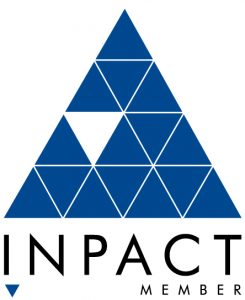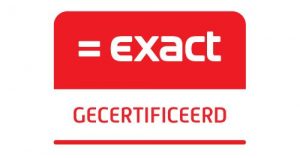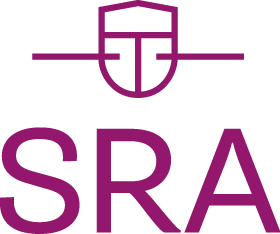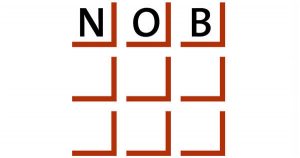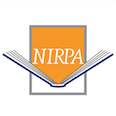You do your business at an international level?
We are affiliated with INPACT, an international association of independent accountancy offices. Thanks to our extensive international network, we can be of service to you in this area. Curious about our international approach? Then contact us without obligation.
Contact us

